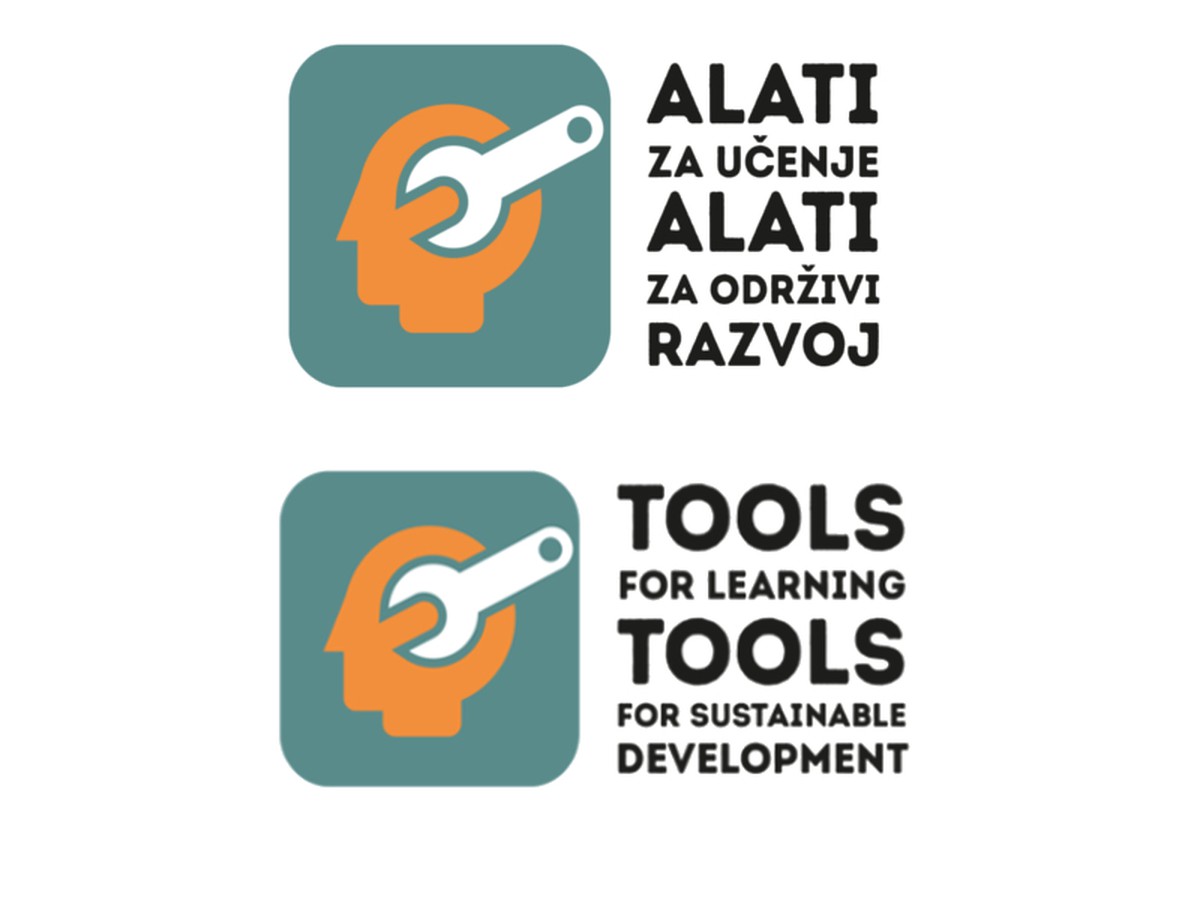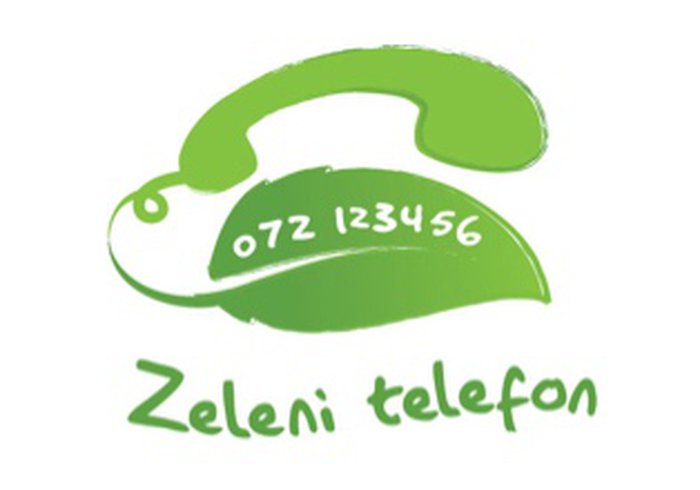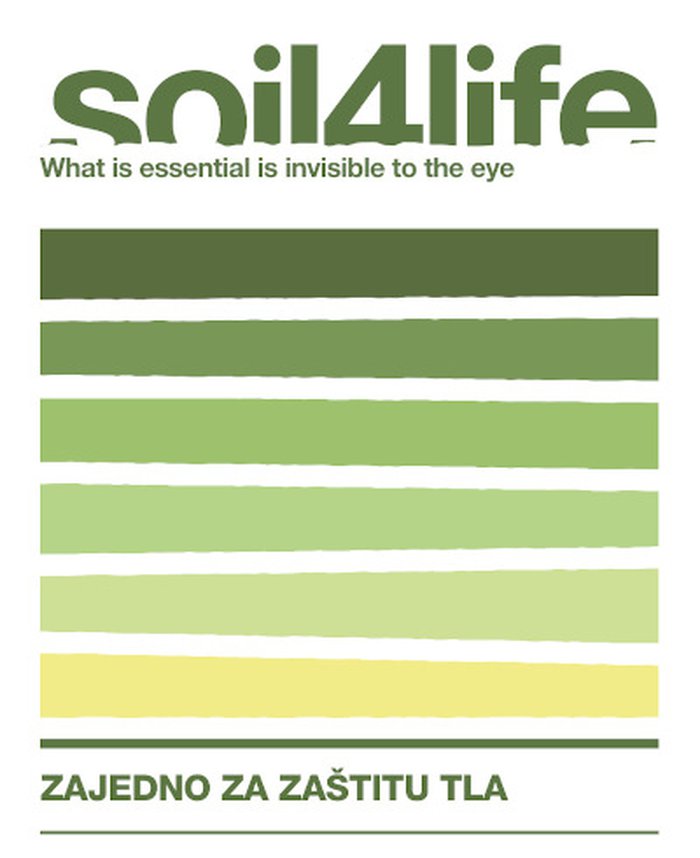"Tools for learning - tools for sustainable development" is the name of the new project led by Green Istria in cooperation with the Italian organizations Legambiente Lombardia Onlus and the Slovenian Institute for Spatial Policies (IPoP). The project started on November 1, 2020, and lasts for 18 months.
Project is primarily aimed to empower partner organizations and their youth workers for innovative youth work related to topics such as sustainable development, environmental and climate change challenges. This will be achieved through the exchange of good practices, green skills and methods - i.e. non-formal learning tools, such as cooking with leftover food demonstration, simulation of the UN Climate Change Conference or the urban walk - between the three organizations during the three "trainings for trainers". The trainings will enable each organization to innovate its existing "green expertise" by taking over the partner's methods and creating innovative programs for better, modern and attractive youth work, corresponding to the expectations of youth.
Once empowered, the nine youth workers within the project team become catalysts of positive changes and positively affect the two other project target groups - the young people and the teachers.
Through three workshops which will involve 30 young volunteers, the project partners will test their innovative practices and newly acquired non-formal learning tools in their own local settings. Simultaneously, the partners will prepare and empower young people to act as agents of change for sustainable development, raise their awareness about the environmental and climate challenges, and improve, above all, their citizenship competence, as well as their green skills. Young learners will benefit from better understanding about the effects of their actions on the environment and how their new skills can broaden their opportunities to volunteer and work in the green sectors. Thus behavioural changes of their individual preferences, consumption habits and lifestyles will be enabled.
One of the most significant products of the project "Tools for learning - tools for sustainable development" will be a handbook for teachers' modern, competence-oriented teaching on sustainable development, with included innovative non-formal learning tools derived from partners’ youth work good practices, as well as assessment methods of students’ learning outcomes. The handbook will be published in Croatian, Italian, Slovenian and English and printed in 200 copies in each of the partner's national languages.The handbook will be sent to all schools in Croatia, Slovenia and Lombardy and institutions relevant for school education, while this will open up partners' work to cross-sectoral cooperation and allow greater synergies with the school education system. Partners will also organize presentations of the handbook for 40 teachers in Pula, Ljubljana and Milan. The handbook will also serve as a useful tool for youth workers within numerous CSOs in Italy, Slovenia and Croatia that already deal with, or might be inspired by the handbook, to start dealing with topics related to sustainable development.
In order to promote the recognition and validation of youth work and informal and non-formal learning, Youthpass certificates will be issued for youth workers and young learners that will participate in the project. Additionally, 30 volunteer log books and certificates of competences acquired through volunteering will be issued for the young learners.
The project supports a never ending quest of youth workers and teachers for innovation in order to provide better quality work and inspire the change towards sustainable development within their young learners.
The project is co-funded by the Erasmus+ Programme of the European Union in the amount of EUR 47,330.25.
This communication reflects the views only of the author, and the Commission cannot be held responsible for any use which may be made of the information contained therein.



